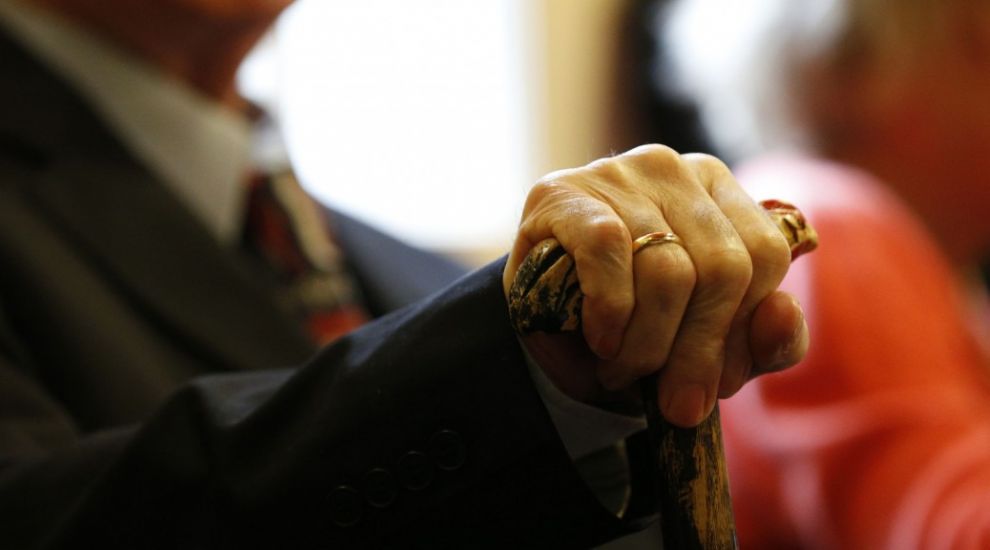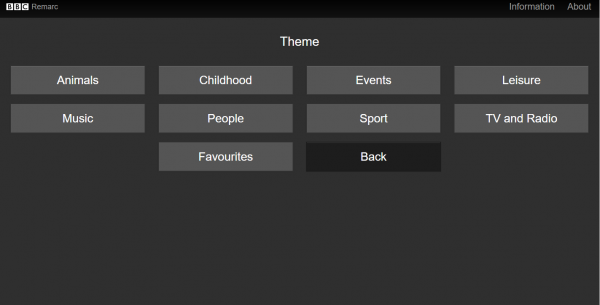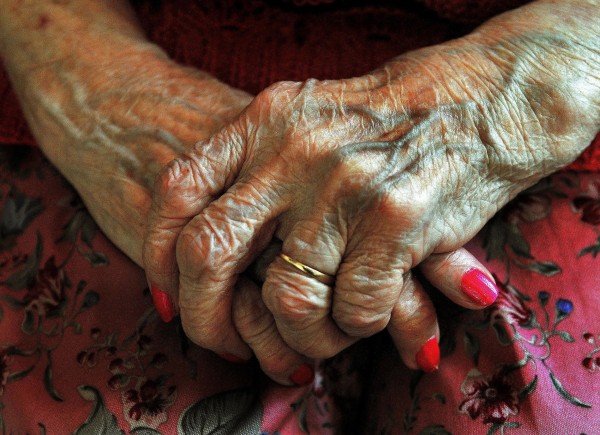
For almost a year, the BBC has successfully run a service with the core aim to help people suffering from dementia – and it’s now launching enhancements to the service.
BBC RemArc – the BBC Reminiscence Archive – is expertly designed to trigger long term memories in people with the degenerative condition by playing them archive footage.
With the help of experts from Dundee University and the University of St Andrews and support from the Alzheimer’s Society the channel has had 17,000 users since its launch in May 2016, and found 73% of survey respondents from that number said they felt the desired effect.

“We know that reminiscence can be a powerful way of connecting people affected by dementia with their memories and improving their mood,” said Kathryn Smith from the charity. “People who have used BBC’s RemArc talk really positively about their experience of it as a helpful reminiscence tool and enjoyable activity.”
According to the BBC’s blog for the service, short term memory can wipe as quickly as every 10 seconds in late stage dementia. However, memories from earlier years, they say “typically ages 14-40″, can often remain intact.
To target this earlier, long-term memory, the channel uses around 1,500 pieces of footage including video, audio and images dating from anywhere from the 1930s to 2000s. Users are given a choice of either a decade to revisit or a theme to explore.

The Alzheimer’s charity say dementia, which currently affects 850,000 people in the UK, will rise to one million by 2021 making it “more important than ever” for support to exist for sufferers – and now the BBC are looking to further improve the service.
After further research and feedback from users, enhancements include adding a button to allow users to read information about the archive material they are watching and an ability to increase font sizes, aiding readability. Also improvements to the way content is refreshed allows reminiscence sessions to last longer.

“I have again and again seen the difference between interacting with and without this kind of carefully designed technological help – and the difference is unbelievable,” said Dr Norman Alm of Dundee University. “RemArc is a boon to people with dementia and just as importantly to their carers, who can sit back, relax, and enjoy the conversation, with RemArc doing all the heavy lifting of supporting the interaction and keeping it lively, engaging and, importantly, unpredictable.”